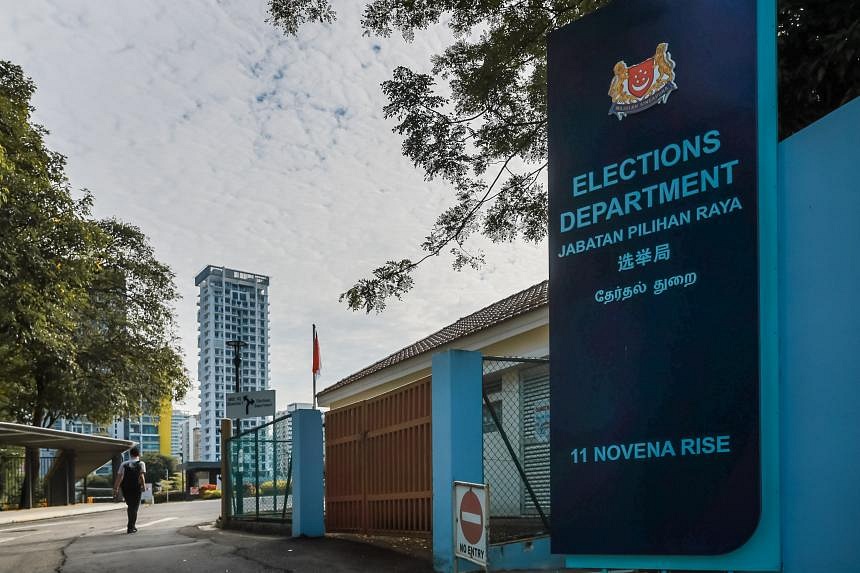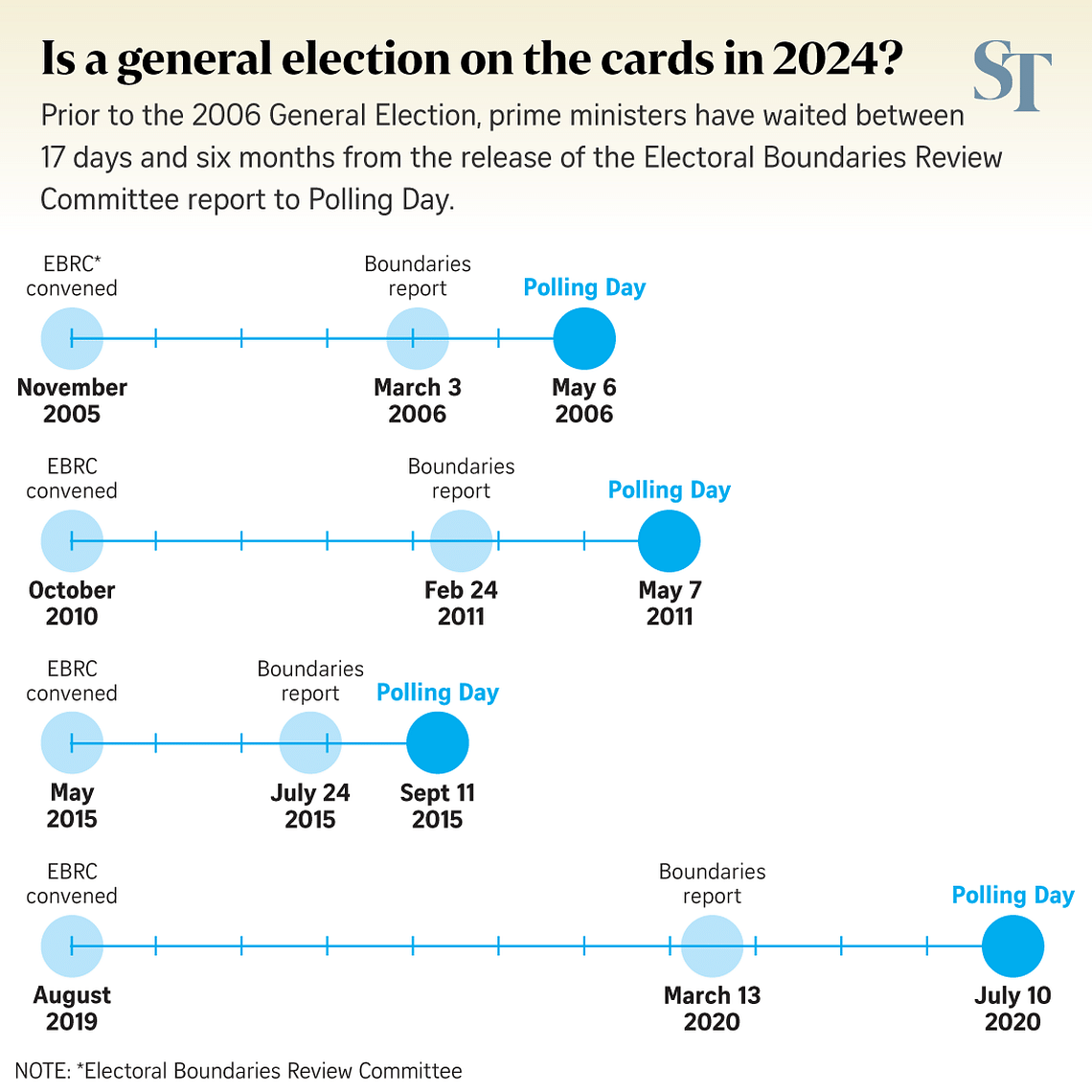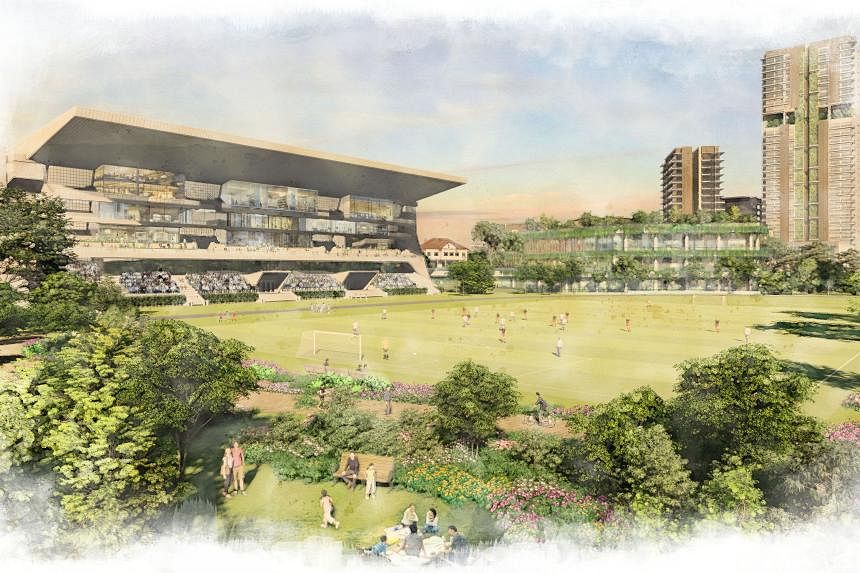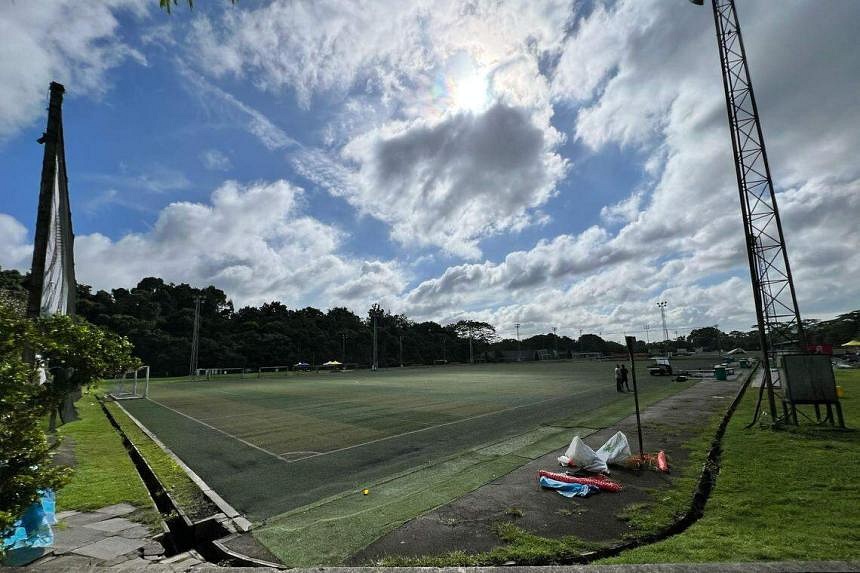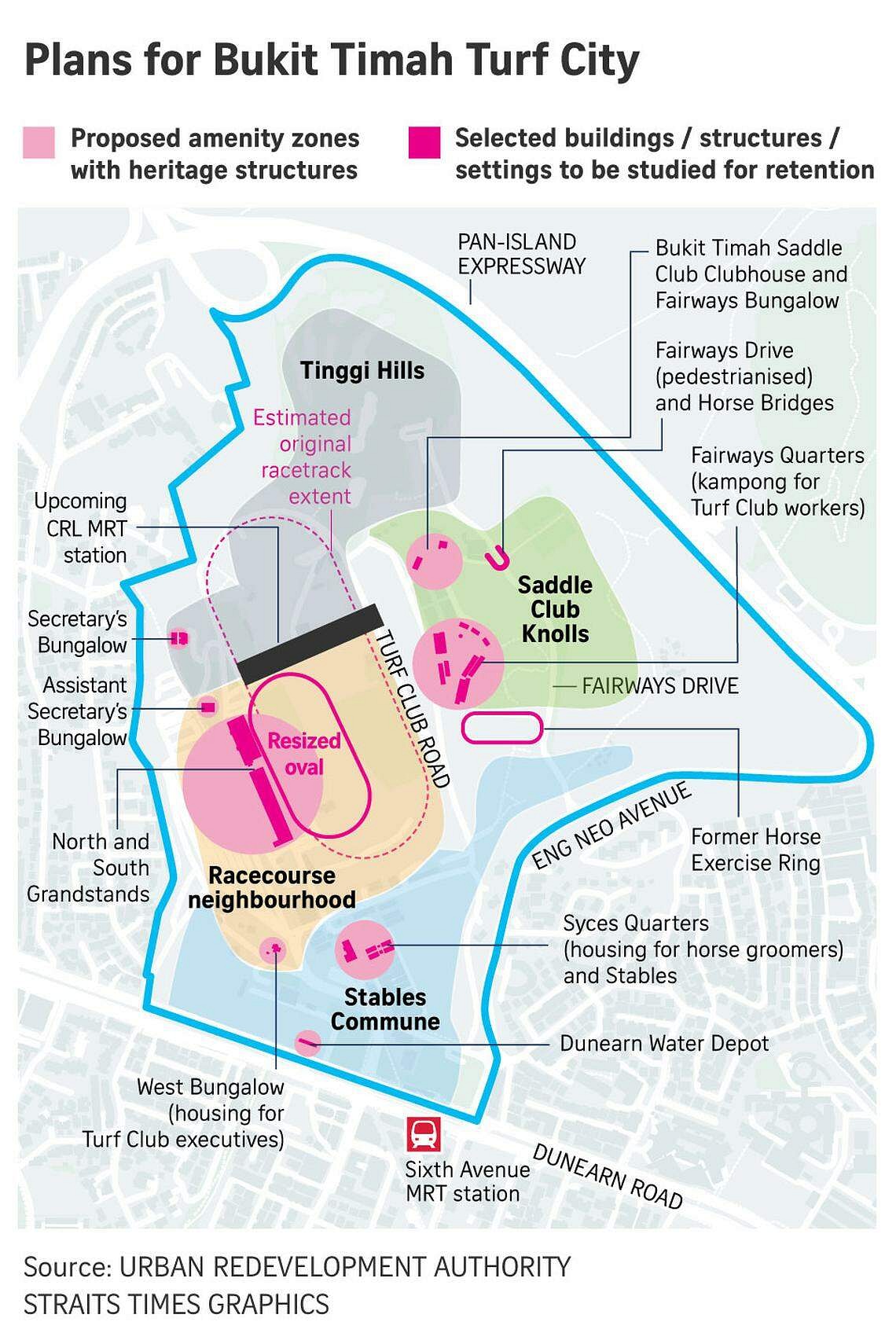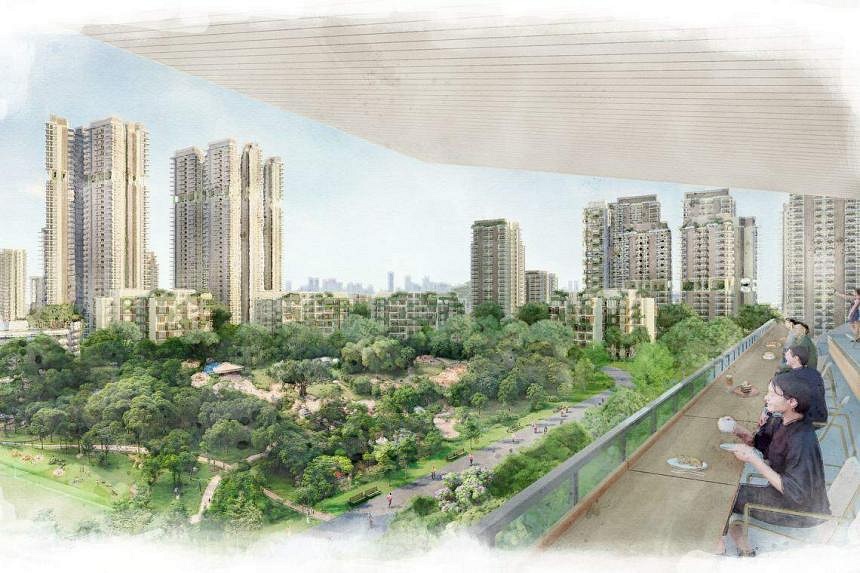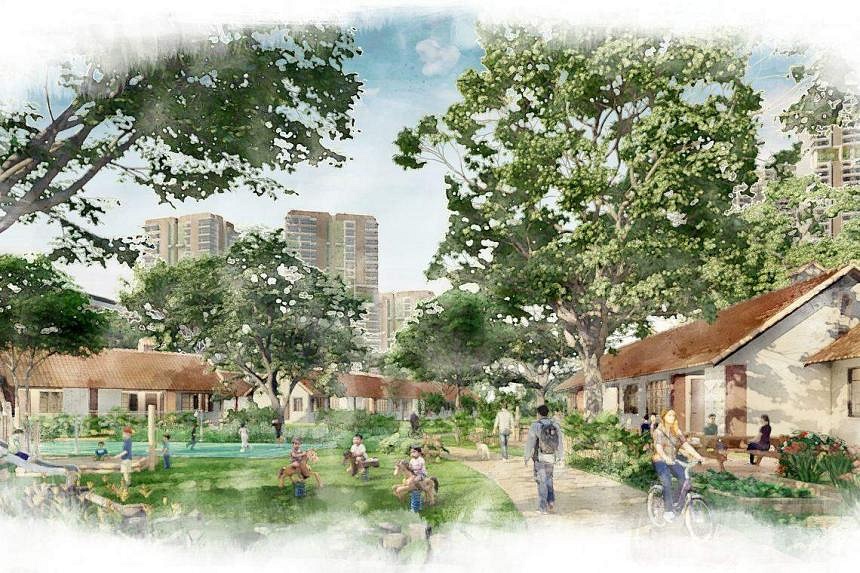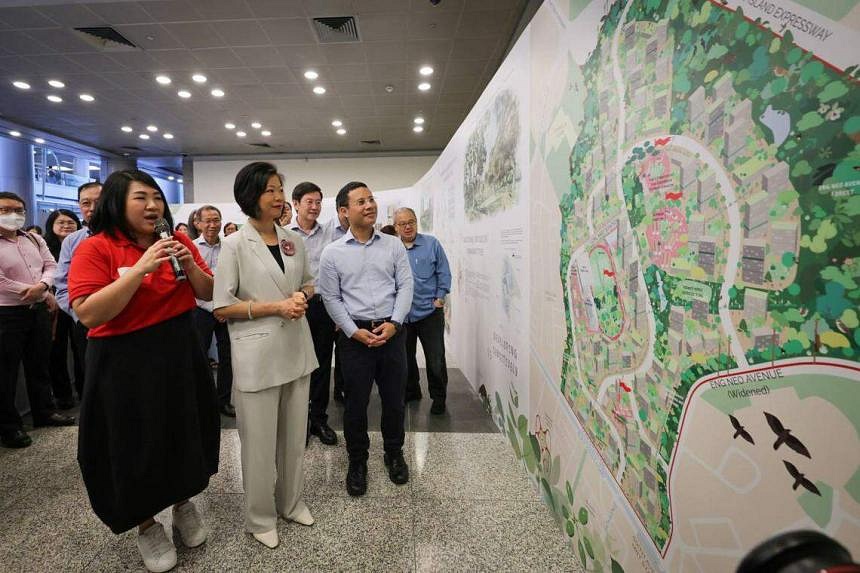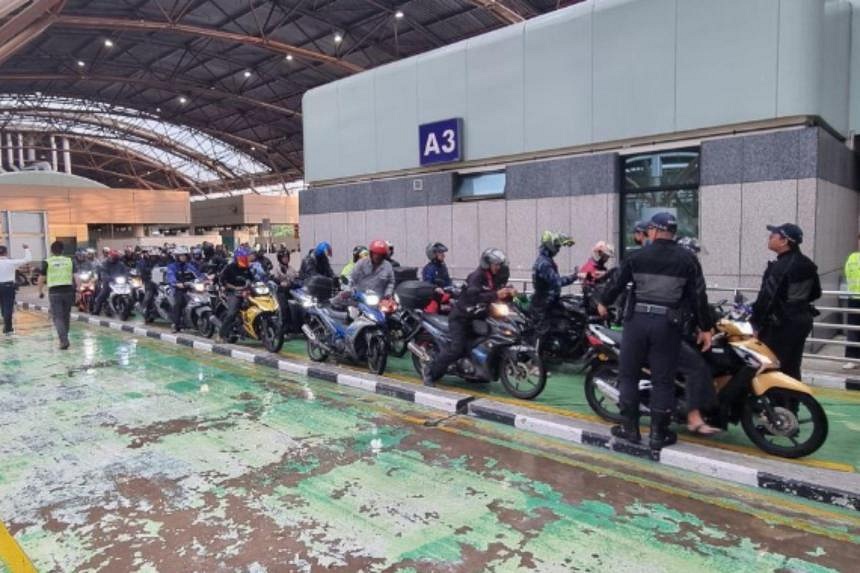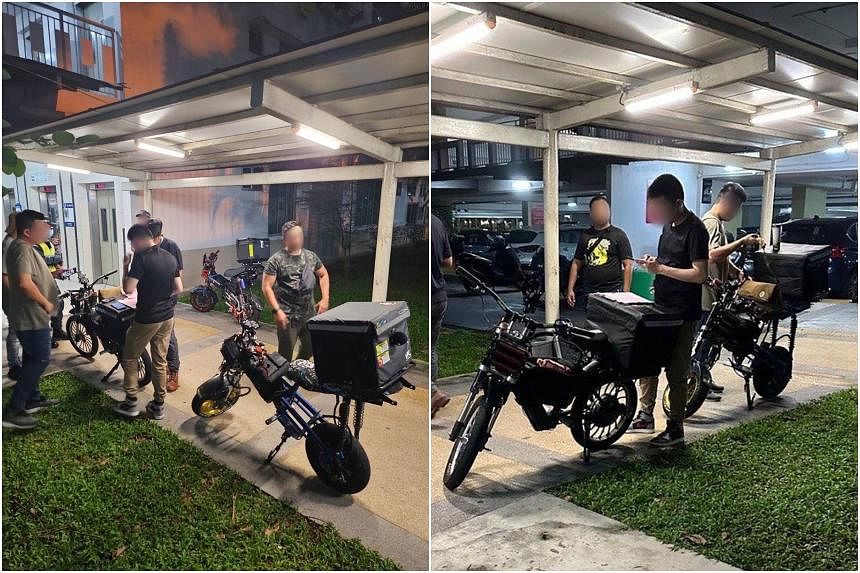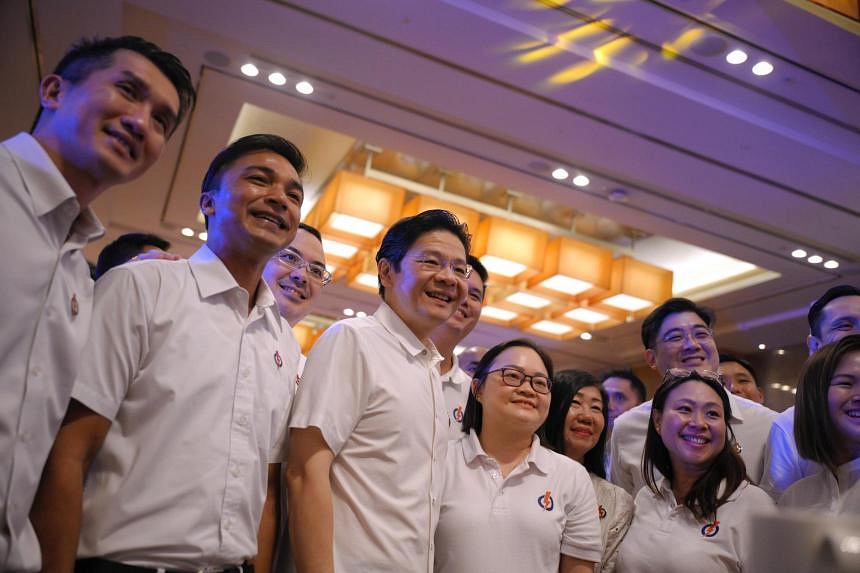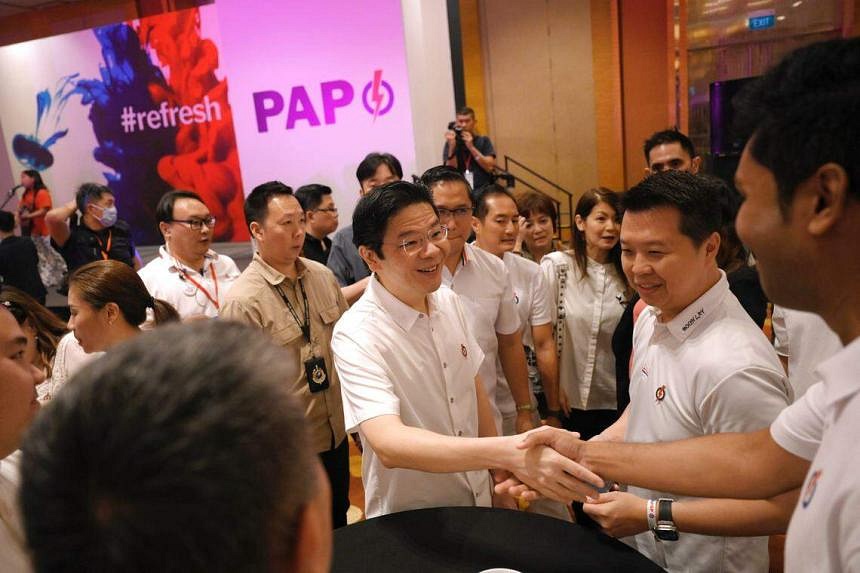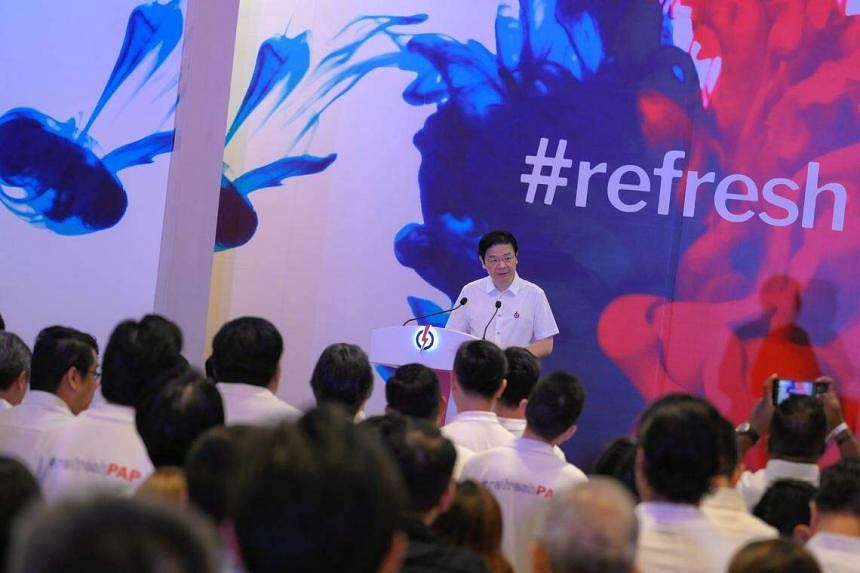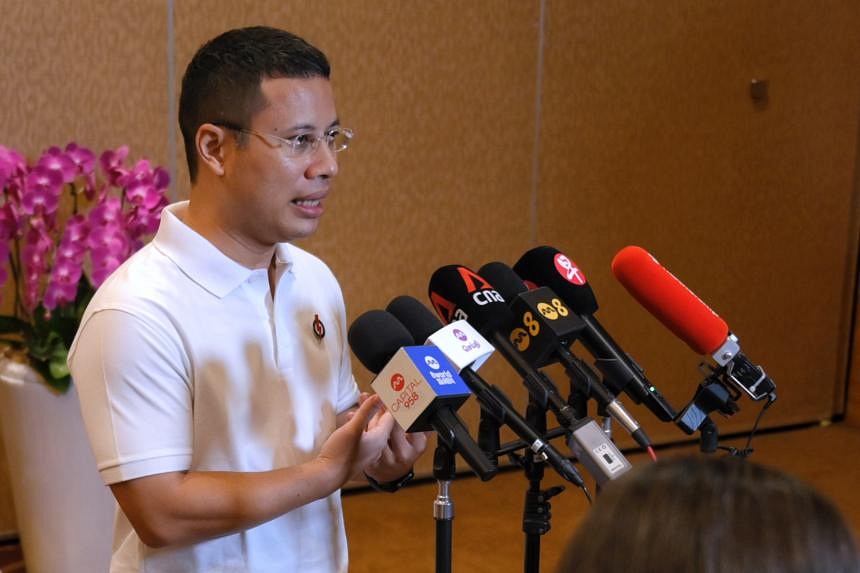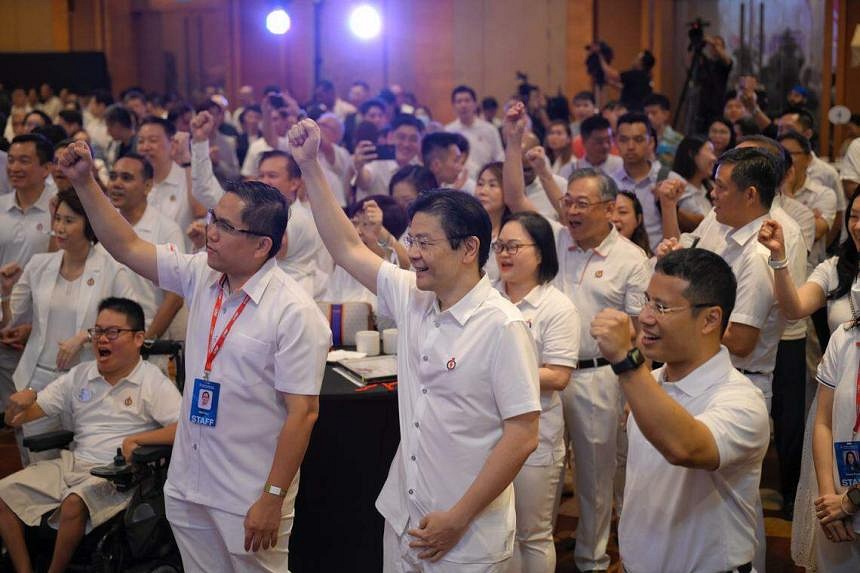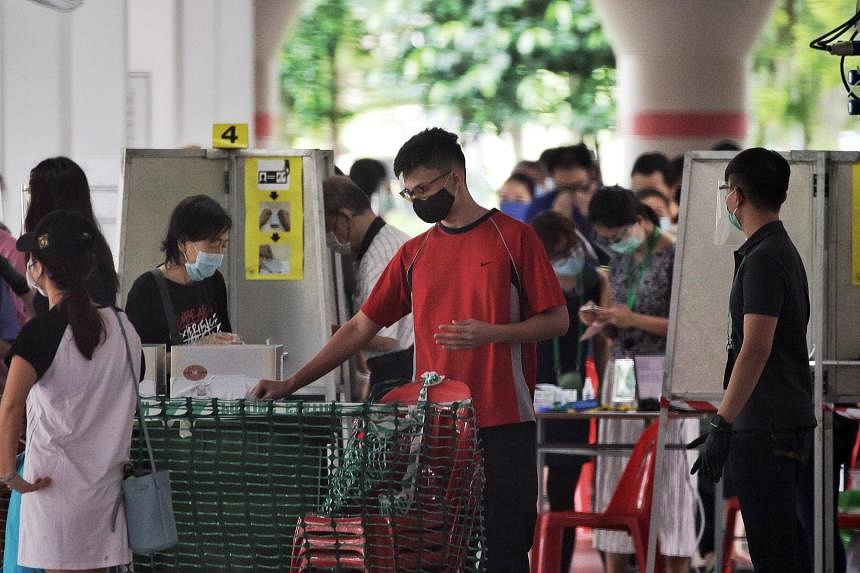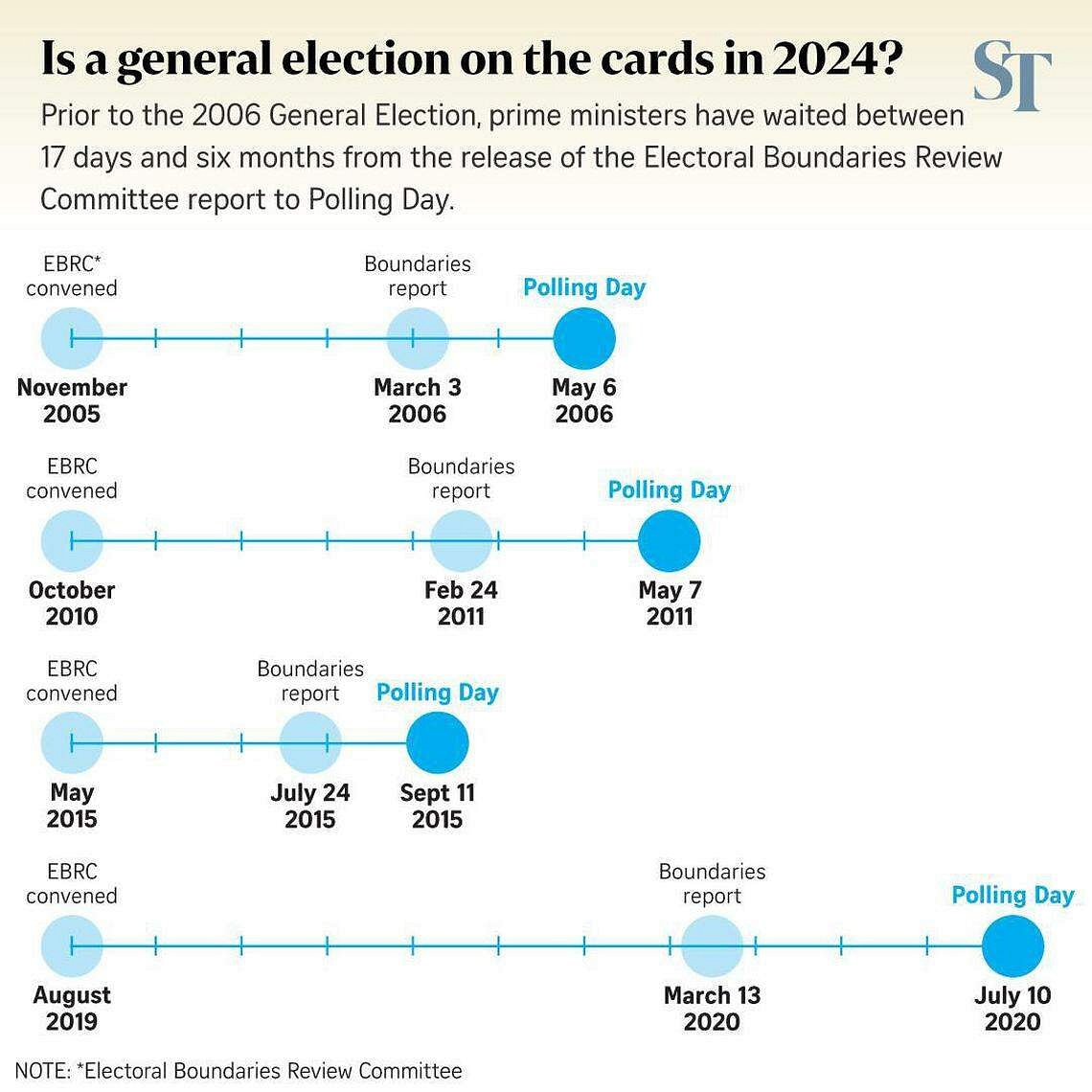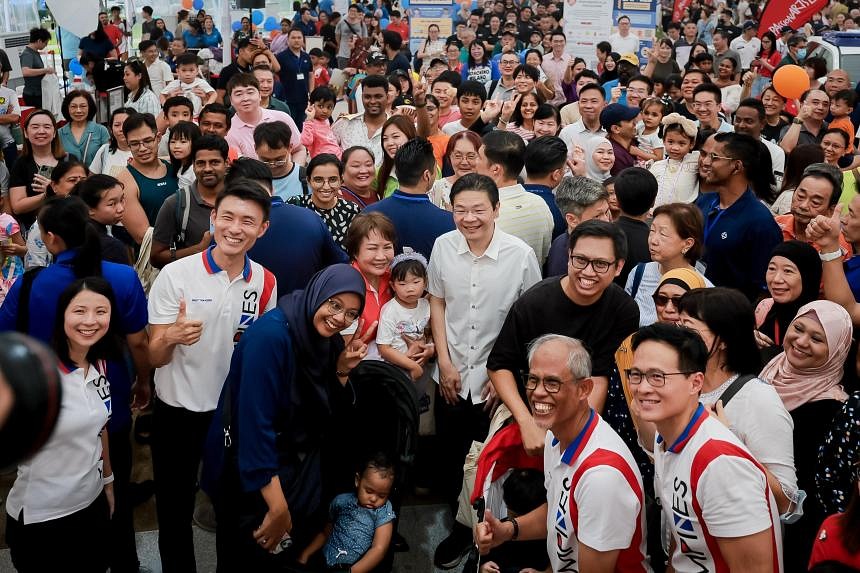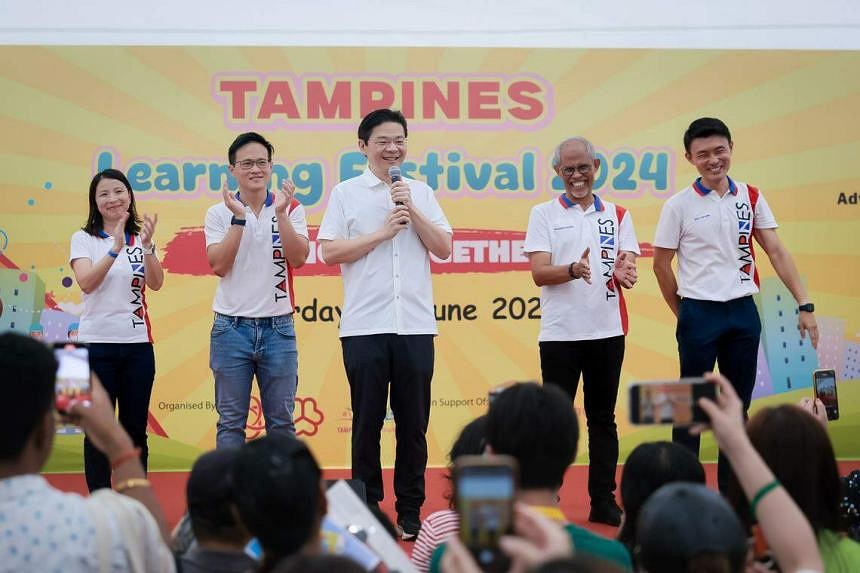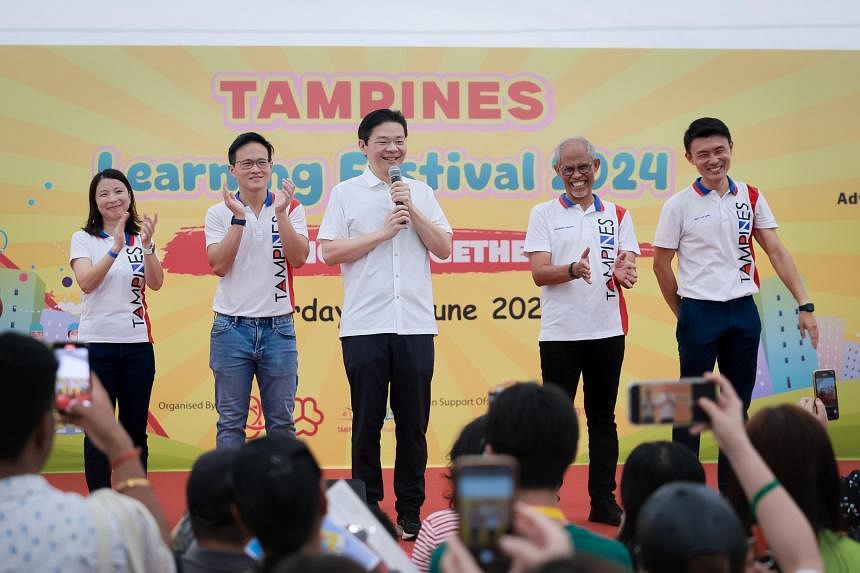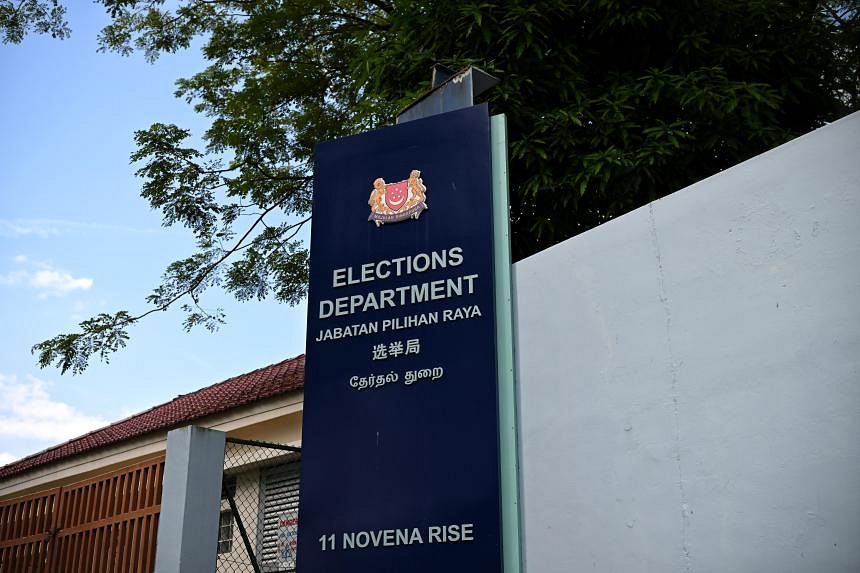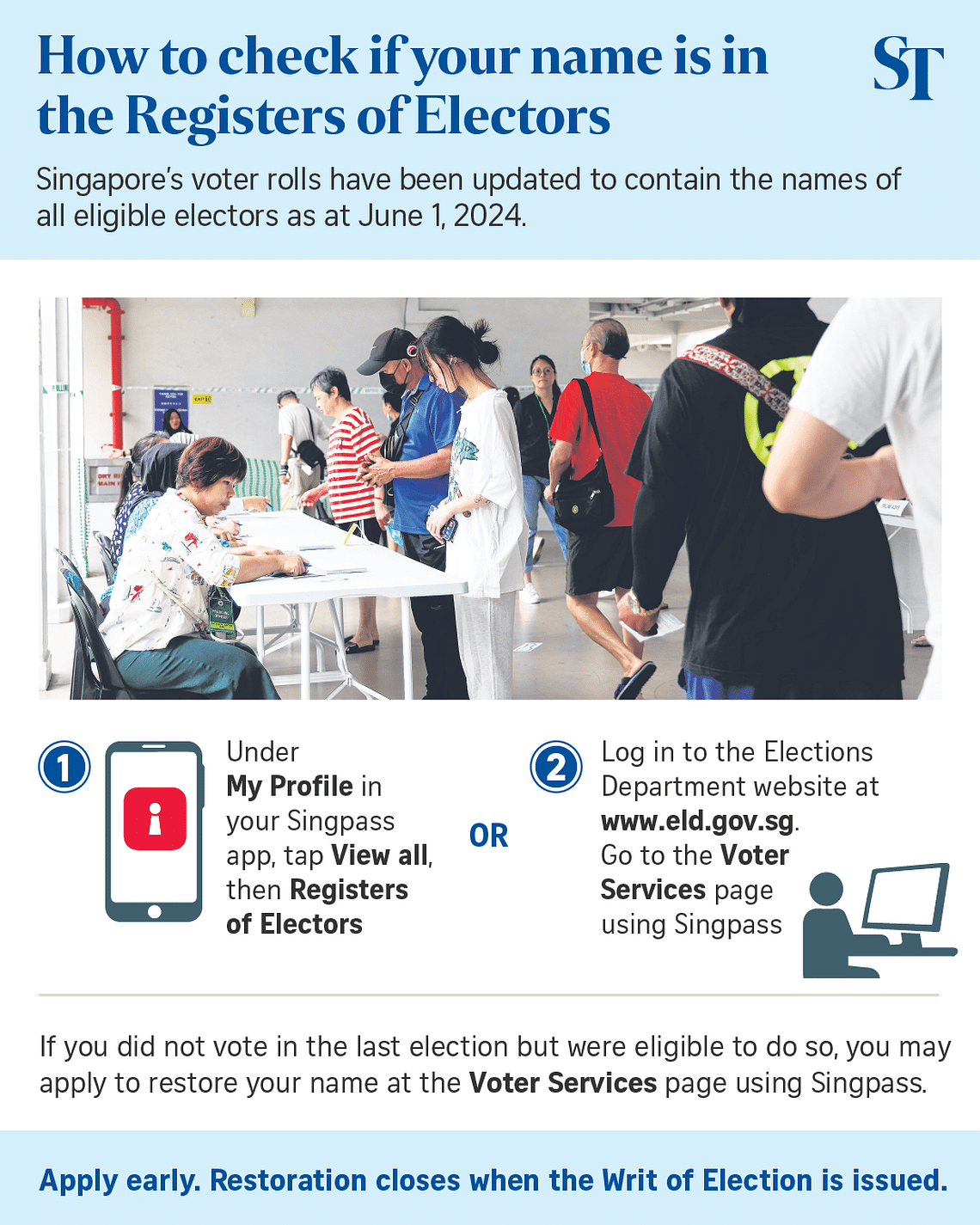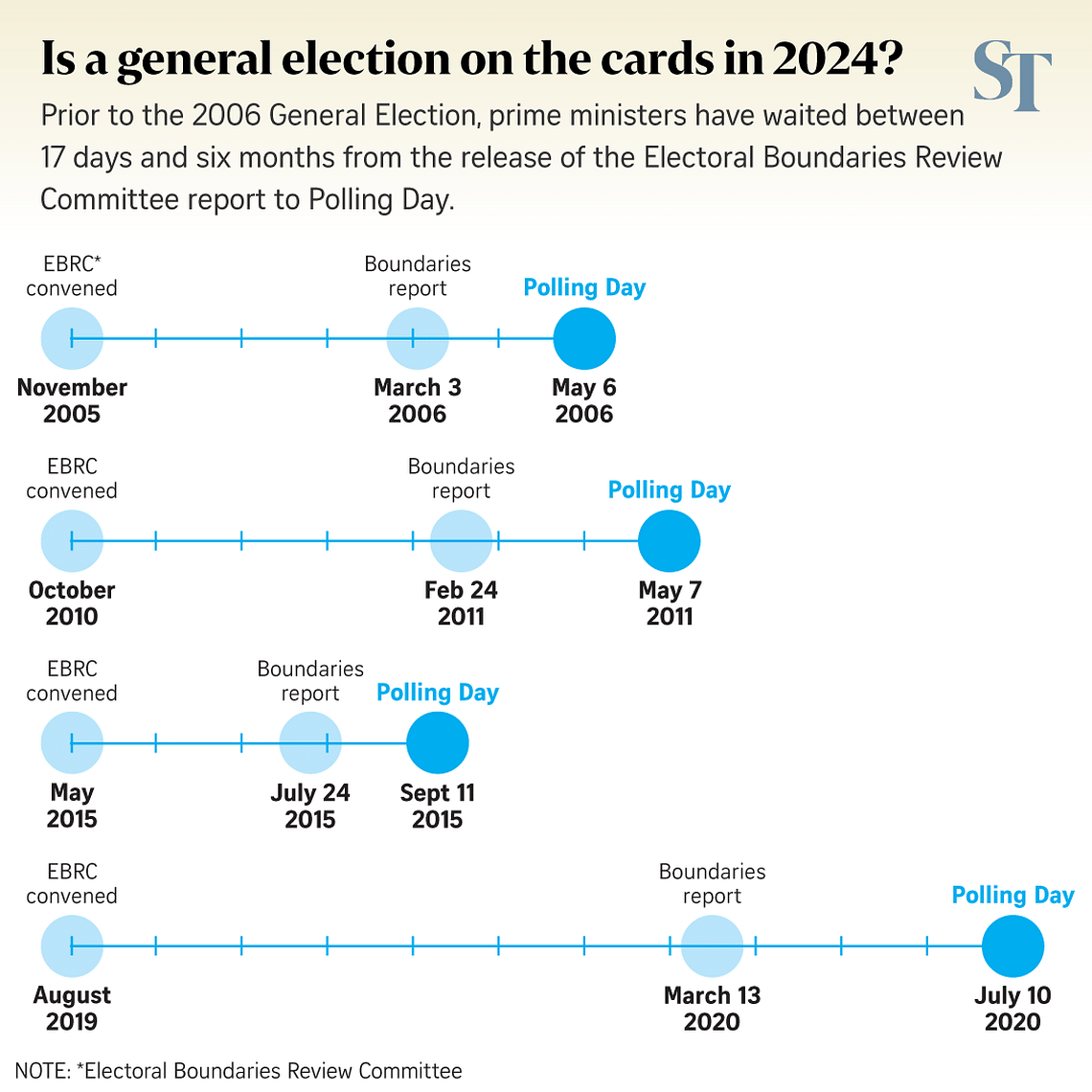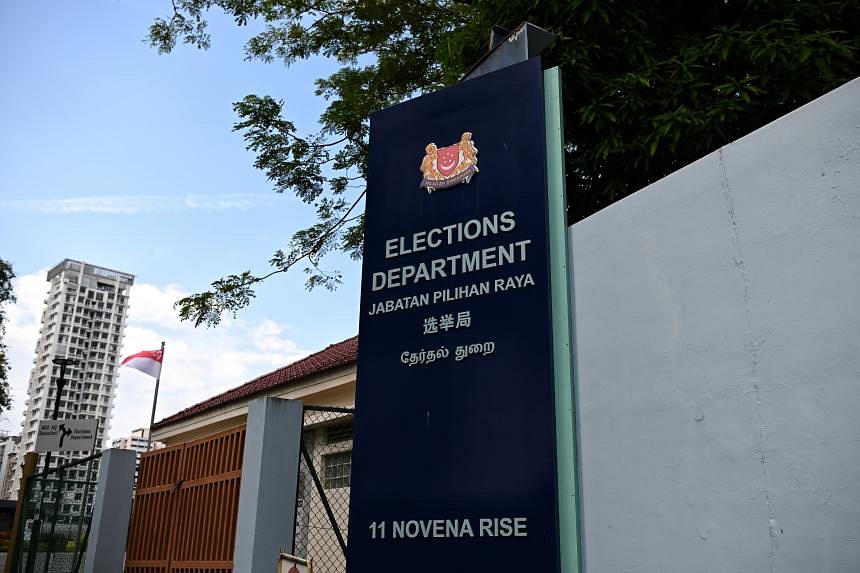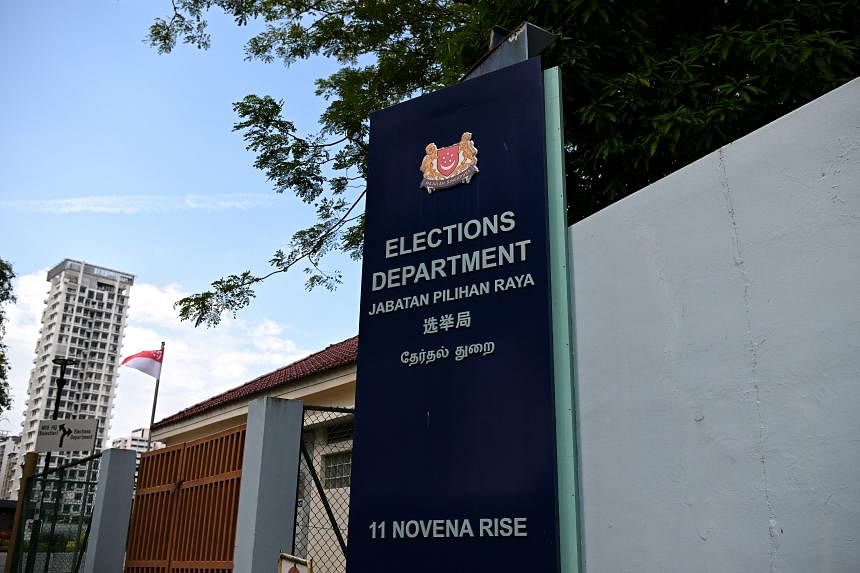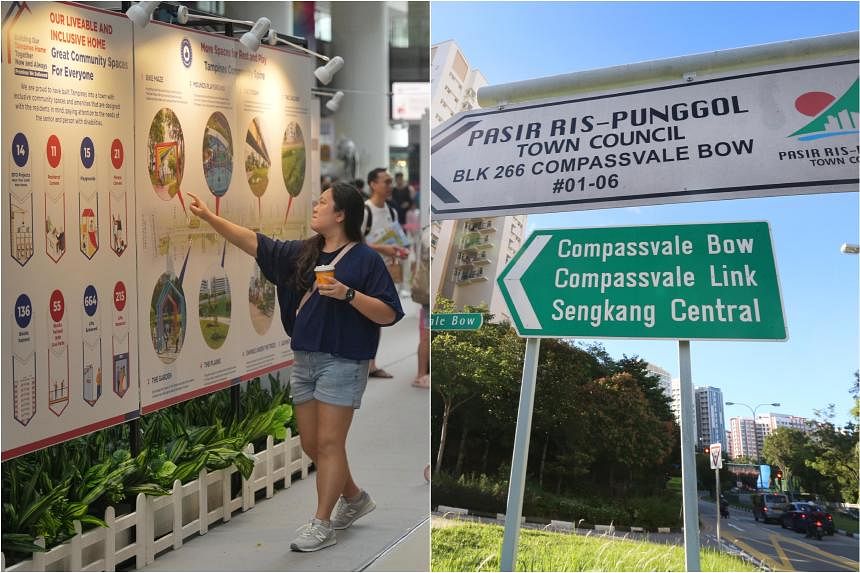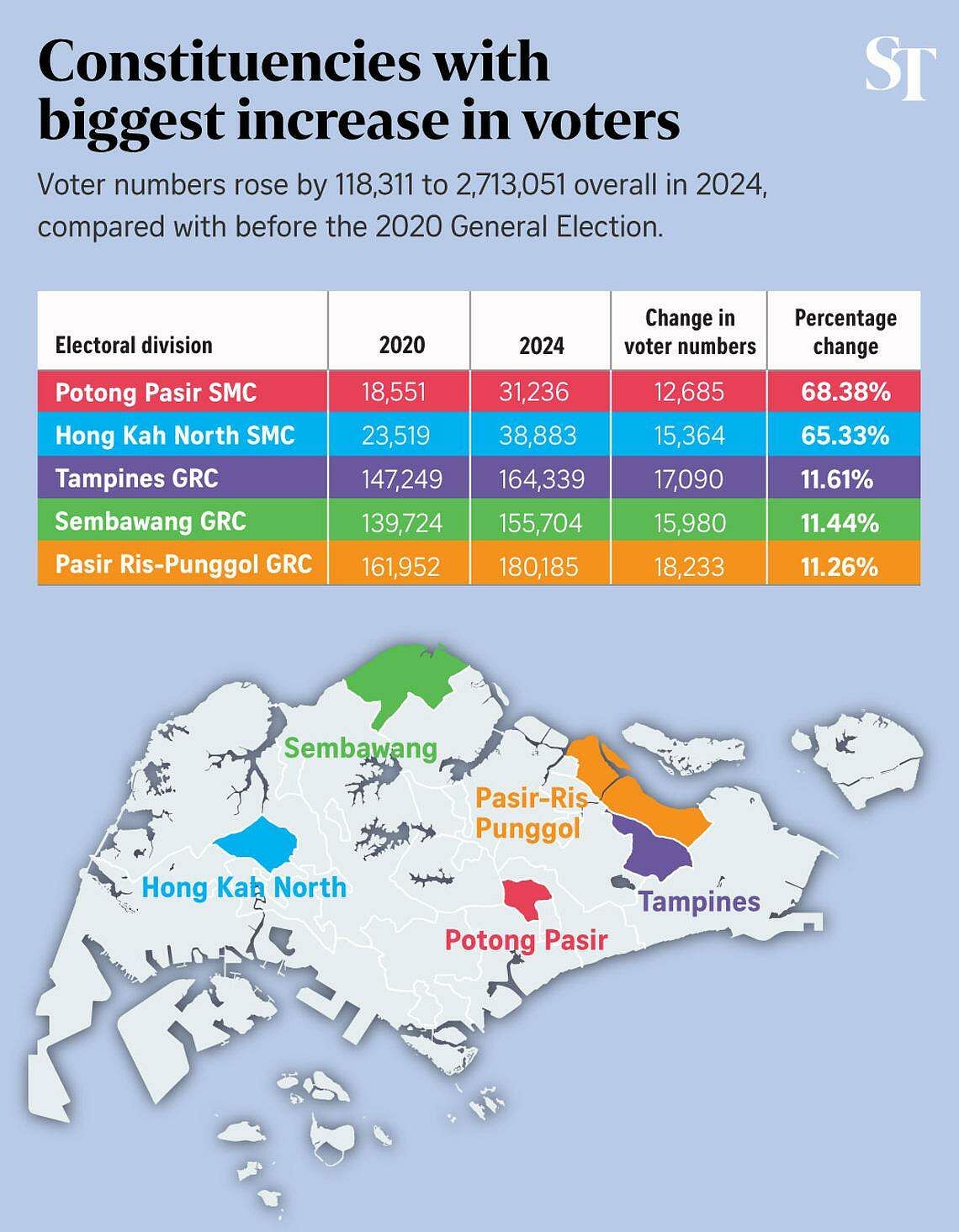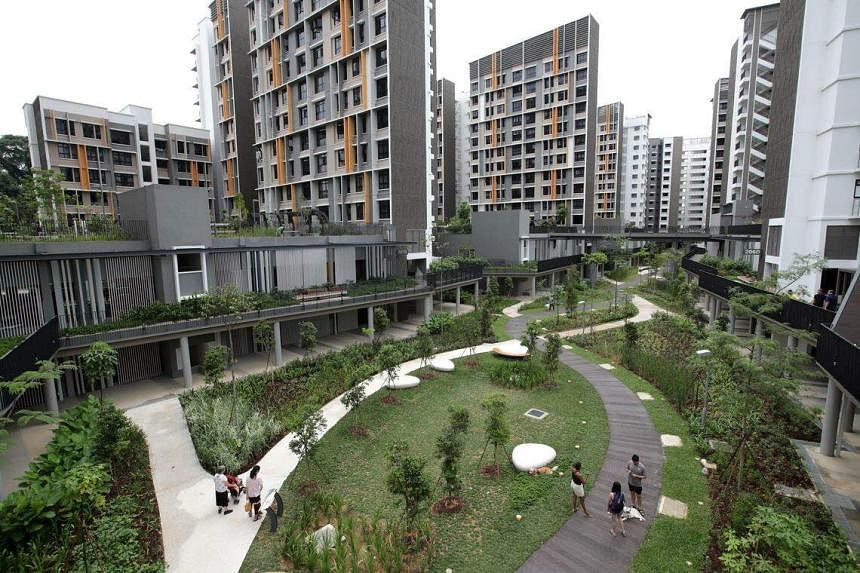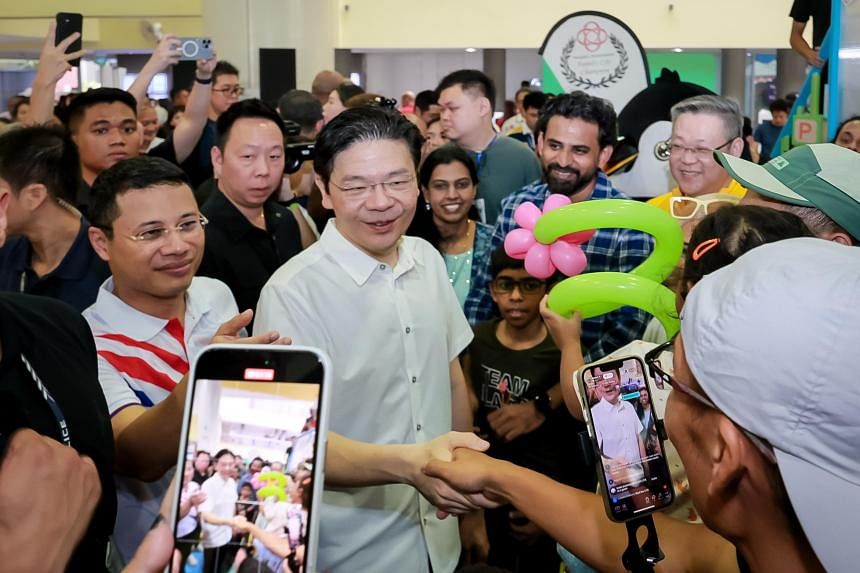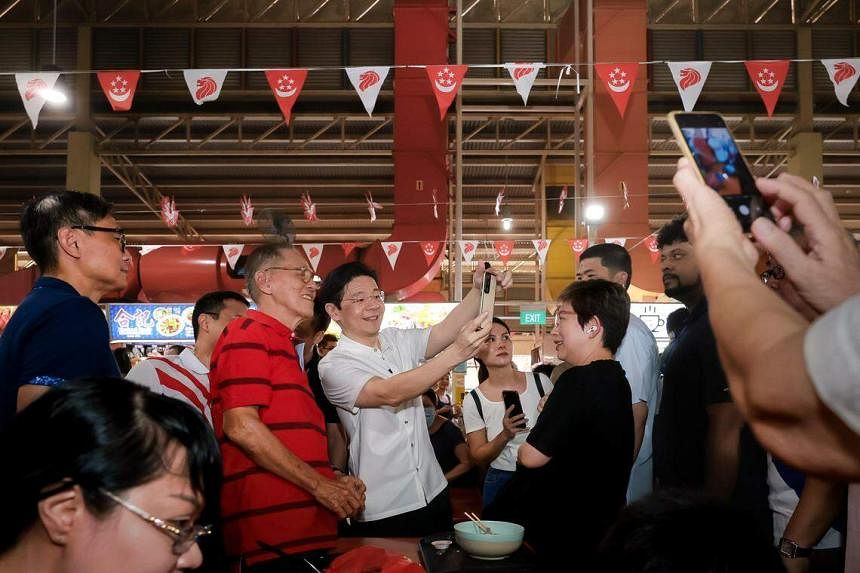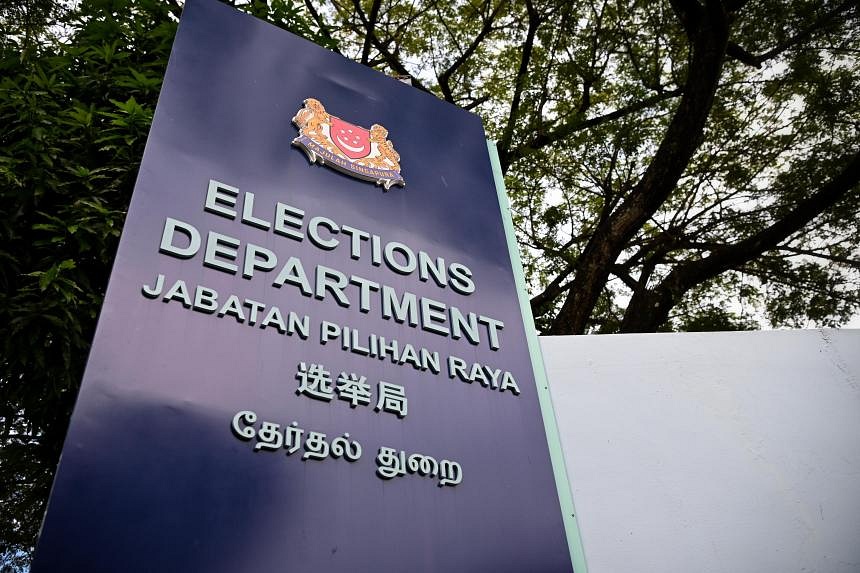- Joined
- Jul 25, 2008
- Messages
- 15,384
- Points
- 113
When is the next Singapore GE? 3 reasons it’s too early for election fever
There are several considerations that point to the polls being later rather than sooner. Just don’t make travel plans based on this.

Jeremy Au Yong
Associate Editor (Newsroom Strategy)
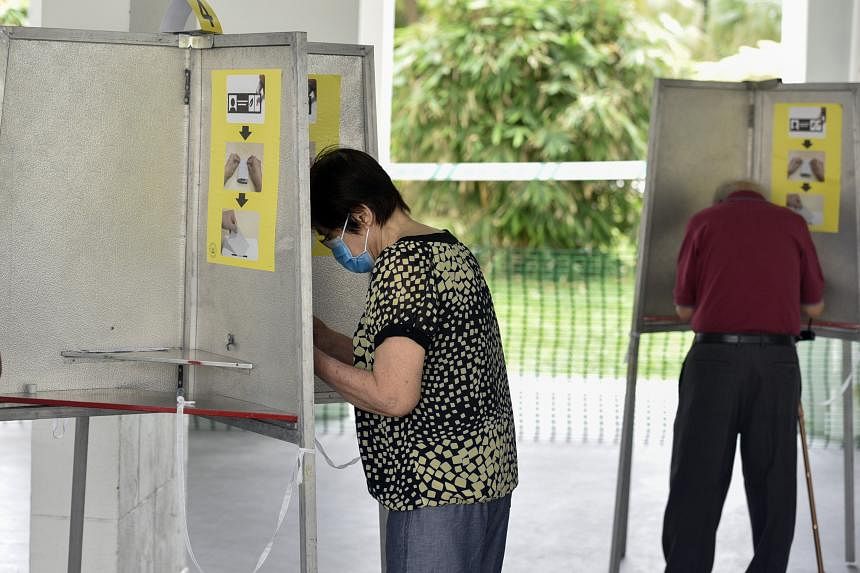
The first and biggest reason for a GE in the new year is just how busy the calendar is for the remaining months of this year. PHOTO: ST FILE
May 12, 2024
We are now close enough to the deadline for a general election (GE) – one must be held by November 2025 – that almost every domestic political development sparks a question about the timing of the next GE. Every utterance and policy decision from key office-holders is dissected and analysed for clues that the proverbial button is about to be pressed.
The leadership handover which takes place in the coming week, for instance, had set off a round of tea-leaf reading. At the moment, many political watchers believe it will be sooner rather than later. The majority view – though not a consensus one – is that Singaporeans will likely go to the polls some time before the year is out, rather than in the new year.
There are very sound reasons for both timelines and, as everyone points out, only the prime minister can truly know the answer. But after considering all arguments, it is my belief – and it is purely a belief – that the circumstances point to a general election in 2025 rather than 2024.
A proviso is necessary at this stage. The reasoning I am about to go into is not founded on any special insider knowledge or insight into the new prime minister’s thinking. This is simply an educated guess. Do not make travel plans based on this.
A packed 2024 calendar
The first and biggest reason for a GE in the new year is just how busy the calendar is for the remaining months of this year. There are very few available suitable time windows left, and those don’t seem very ideal either.Let’s start with a process of elimination. Most observers have ruled out anything before September. Even in the event that the PM would like an election as soon as possible, it seems unlikely that one would take place before the National Day Rally speech at the end of August.
There are three major speeches in the Singapore political calendar which offer a leader a broad platform and an opportunity to make a mark: the Budget, typically in February; the May Day message; and the National Day Rally. When Mr Lawrence Wong takes over as prime minister on May 15, his next best opportunity to address the nation is at the National Day Rally.
It seems unlikely he would pass up that opportunity, never mind that an election before that would also feel quite rushed. While not impossible, none of the typical milestones one might expect to have been completed before an election in the next three months – training of election officials and the Electoral Boundaries Review Committee report – are ready.
Traditionally, polls have also tended to avoid the end-of-year school holidays, which run from mid-November to January the following year. Then there are the peak school exam periods that start after the September school holidays and run through October. As schools are used as nomination centres and polling centres, and many teachers are appointed as election officials, this crunch time for schools also tends to be avoided.
There is also a need to avoid the major international summits that take place in October and November like the Asean Summit, Apec Summit and G-20 Summit. While skipping them is an option, it is unlikely that Singapore would not want to turn up at the first suite of major international meetings after its 4G leadership takes over.
For those keeping track, that leaves us with about a week or so at the start of September and the first two weeks of November.
An early September election likely means that Singapore will be in election mode for much of its National Day festivities in August. The writ of election will likely have to be issued before the National Day Rally, placing the country very much in campaign mode for that speech. Indeed, last year’s presidential election was held under such circumstances – Nomination Day took place two days after the Rally. But the presidential election is very different in nature to a general election. A GE campaign is a far more divisive affair.
An election in early November thus seems the most viable of the remaining 2024 windows, with the only issue being that the campaign will overlap significantly with a closely watched US presidential election on Nov 5. No prior general election here has coincided with a US presidential election.
None of these strikeouts are definitive, of course. Past general elections have taken place across many different months, including those regarded as non-ideal.
There can be many compelling reasons that can override those considerations. Yet, beyond reasons why holding an election before the end of the year poses challenges, it might be strategic to wait till the new year.
Giving the 4G time to establish itself
If Mr Wong calls an election before the end of 2024, the seven-month gap between the handover and the GE will be the shortest one in the country’s history.Granted, this is not a large dataset. When Mr Goh Chok Tong became PM in November 1990, he called a snap election nine months later, in August 1991. This was just three years after the 1988 election. When PM Lee Hsien Loong took office in August 2004, he waited nearly two years, until May 2006, to hold an election.
It is true that because the current handover is taking place later on in an election term than either of the previous two, the difference between the soonest practical time an election can be held and the latest is a matter of months. But an argument can be made that every little bit makes a difference.
For example, holding an election in March 2025 would give the new PM one more national speech – the Budget – to make his mark. Push it back to May, and he will have the May Day message too.
On the flipside, holding a GE within a few months of the new Cabinet being sworn in next week runs the risk of having the election being perceived as one anchored more on the achievements of the 3G. Fairly or unfairly, an election held so soon after the handover – before the new leadership core has had time to chalk up more accomplishments to campaign on – might be viewed as more of a “thank you 3G” election than about the 4G. Mr Wong’s Forward SG exercise has given us some indications of what the 4G leadership is like, but awareness of the contents of that exercise, outside the most politically engaged, remains relatively low.
That’s not to say that past achievements should not play a part in an election. The Government’s long track record is always part of the campaign. And in fact, even taking this into account, it still might make sense to hold the election in 2025.
Feel-good factor
Next year, Singapore will mark 60 years since independence. There have been no announcements yet, but one can assume there will be a host of SG60 commemorative events and activities. It will likely not be on the same scale as the SG50 festivities in 2015, but I am guessing there will be a fair amount of nostalgia and national celebration.It is hard to quantify the magnitude of the impact of such things on an election, but after the PAP’s strong showing at the 2015 General Election, many had attributed it to the halo effect around the SG50 celebrations as well as the groundswell of patriotism and national pride in the wake of founding prime minister Lee Kuan Yew’s death.
The historical milestone of SG60 could create a national environment just that little bit more conducive to a pro-establishment vote. They could follow the SG50 playbook in terms of the sort of policies and goodies announced in the Budget. A more minor consideration is that a decision to forgo an election during the SG60 year might make scheduling a SG70 or SG80 election more complex, as the normal five-year rhythm of elections will no longer coincide with milestone anniversaries.
So those are the three reasons why an election is more likely in 2025. The calendar is packed, the new leadership needs some time to settle in, and there are some advantages to having one later rather than sooner.
The reason for a 2024 election
The broad view from political observers who think an election is likely sooner rather than later boils down to needing to secure a mandate for the new leadership.With the global uncertainties in recent months on issues like the Middle East, Ukraine and the world economy, as well as some concerns about possible violence around the US presidential election, many are of the opinion that the prime minister might not want to wait too long before seeking a mandate.
As SMU associate professor of law Eugene Tan told my colleague: “In other words, to put in place the government for the next five years before things spiral downwards.
“This will enable Singaporeans to be clear-eyed about the issues and challenges, and determine who should represent them in Parliament and which party should form the government.”
On this front, I also agree that a GE on a more accelerated timeline becomes likely, should there be indications that global tensions are about to take a turn for the worse.
The one through-line I see between the arguments for a GE in 2024 and one in 2025 is that the country should not spend too much time in election mode.
This means either hold the GE as soon as possible and get it out of the way, or, and this is the position I am advocating: Given the likelihood that the election will only be next year, for now, let’s all keep calm and carry on.

